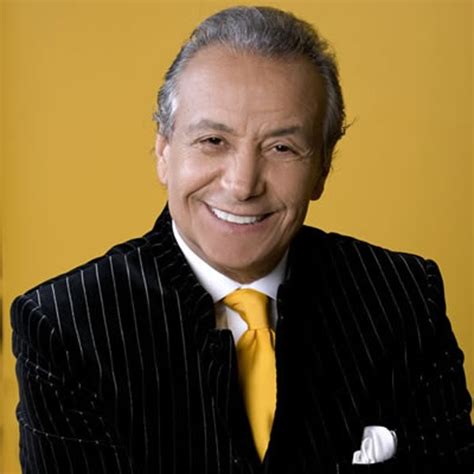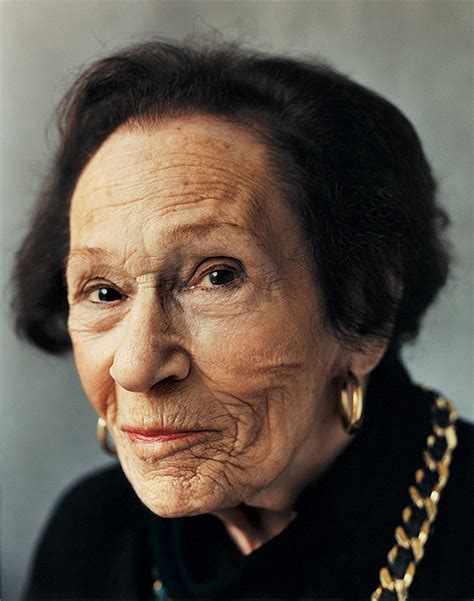A Quote by David E. Cooper
I was keen to dispel a familiar misunderstanding: that existentialists somehow relish the alienation of human beings from the world. This may have been Camus's attitude, but it was certainly not that of Heidegger, Sartre and Merleau-Ponty, each of whom tried to show that we can only experience the world in relation to our own projects and purposes. The world is initially one of 'equipment', said Heidegger: it is a world of 'tasks', said Sartre.
Related Quotes
For me, the existentialists are important critics of 'absolutist' claims, and Heidegger and Merleau-Ponty are, at least in their later writings, also exponents of a doctrine of mystery: Being or the 'well-spring' of everything is, for Heidegger, ineffable, just as what Merleau-Ponty called 'Flesh' is for him.
There are really three players: 'absolutists', for whom it is possible to describe reality as it anyway is; 'constructivists' or 'humanists', for whom there is nothing beyond a world that is relative to human interests and conceptual schemes; and 'ineffabilists', like myself, for whom any describable world indeed exists 'only in relation to man', as Heidegger put it, but for whom, as well, there is an ineffable realm 'beyond the human'.
During the '80s, those you would call the young philosophers of France, such as Bernard-Henri Lévy and [André ] Gluxman, pointed out that Camus had said things no one wanted to hear in the political arena. They said it was [Albert] Camus who was right, not those who had slid under the influence of Sartre, that is to say an unconditional devotion to Communism as seen in the Soviet Union. And ever since then the evaluation of Camus has continued to modify up until today
In the doctrine of the world and humankind as 'will to power and nothing else', Heidegger identified not an antidote to nihilism, but the completion of it. For what can be more destructive of truth and value than the doctrine that these are simply the impositions on the world of human exercises of power?
Like Nietzsche, Heidegger also gave up on the prospect that schools and universities would nurture the kind of reflective openness to the way of things that, certainly by the 1940s, he identified with authentic thinking. The authentic person is not the Promethean, iron-willed figure that pops up in Nietzsche, but someone more like the Daoist sages whom Heidegger admired.
The question of whether world peace will ever be possible can only be answered by someone familiar with world history. To be familiar with world history means, however, to know human beings as they have been and always will be. There is a vast difference, which most people will never comprehend, between viewing future history as it will be and viewing it as one might like it to be. Peace is a desire, war is a fact; and history has never paid heed to human desires and ideals.
Finally, if you still are growing, you reach the highest archetype, the archetype of the spirit. This is the time when you finally realize what Jesus meant when he said, "You are in this world, but you are not of this world." You are not here as a human being having a spiritual experience, but the reverse is true: All of us here are spiritual beings having a human experience.





























